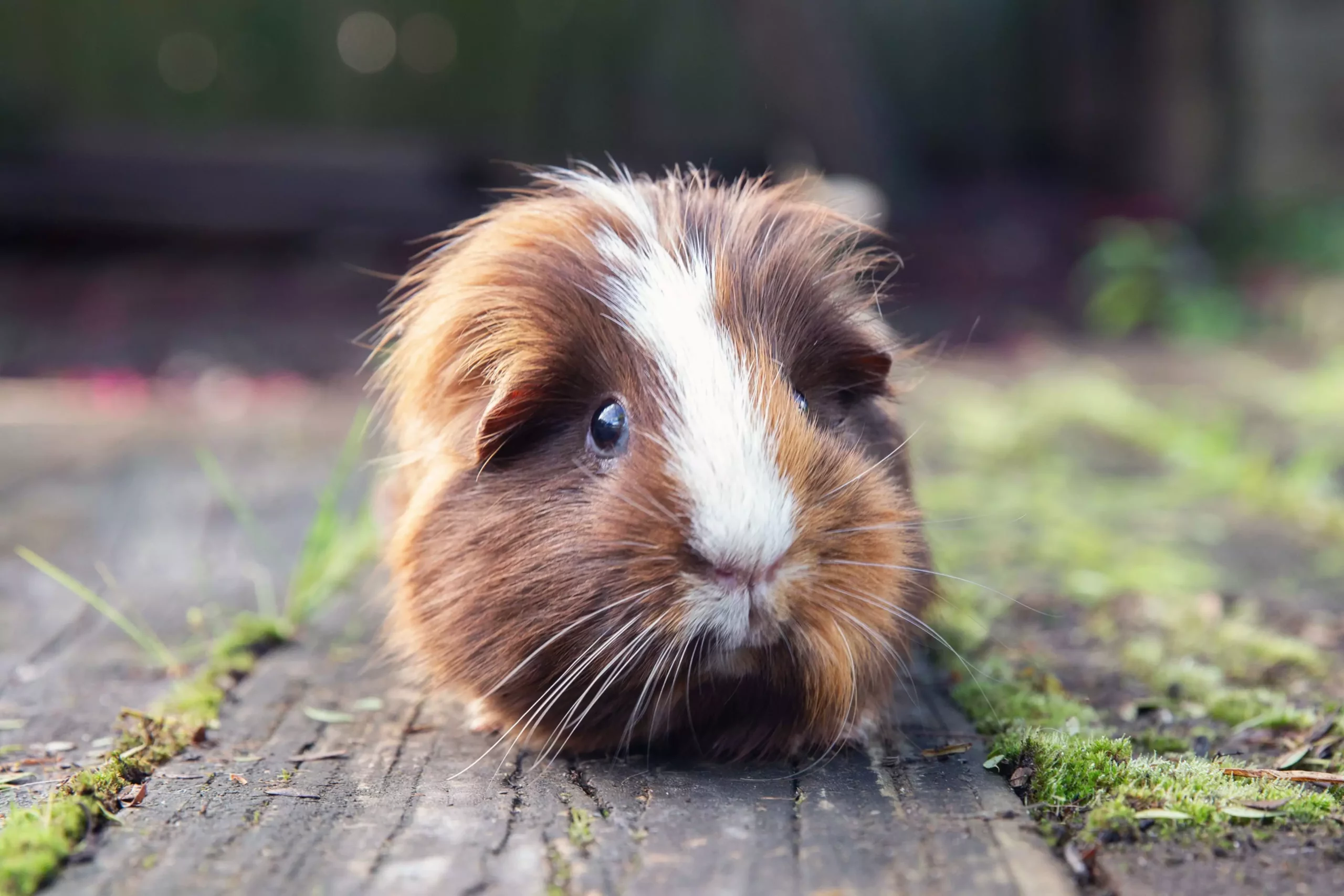Guinea pigs are charming pets that can bring a lot of joy to your life, but they also come with their own unique set of needs and responsibilities. While they may not live as long as dogs or cats, their lifespan of around five to seven years means that prospective owners need to be prepared for a significant commitment. When considering adding a guinea pig to your household, it’s crucial to understand their social nature, proper care requirements, and how to create a comfortable living environment for them.
One of the first things to know about guinea pigs is that they are social animals. In their natural habitat, they thrive in groups, which means that they are often happiest when kept with a companion. Therefore, it is recommended that you adopt at least two guinea pigs, preferably of the same sex, to prevent unwanted litters. For instance, females can coexist peacefully with each other, as can males—though be mindful of their personalities, as some may not bond well even with careful introduction. The best practice is to pair them when they are young to help them develop a lasting friendship, but introductions between adults can also work if done gradually.
Guinea pigs require ample space to roam and explore, which makes the type of enclosure you select critical for their well-being. Many commercial cages marketed for guinea pigs tend to be inadequate, providing far less room than needed. Instead, you can easily construct a larger, homemade cage that allows for adequate floor space essential for their activity and comfort. Cleaning this habitat is also a crucial part of ownership; the cage should be cleaned at least weekly, along with daily care to remove waste and ensure that food and water supplies are fresh.
Guinea pigs communicate using a variety of sounds, totaling around eleven distinct vocalizations. Learning to interpret these sounds can greatly enhance your relationship with them. For instance, a guinea pig will often wheek or whistle in anticipation of food or attention, signaling excitement or hunger. Conversely, sounds like hissing or teeth chattering may indicate frustration, while shrieking can denote fear or distress. It’s essential for owners to recognize these vocal cues to meet their pet’s emotional and physical needs effectively.
To maintain their health, guinea pigs require a diet rich in vitamin C, a nutrient they cannot synthesize on their own. While high-quality pellets and fresh vegetables are vital, many owners choose to provide additional vitamin C supplements, preferably in tablet form rather than mixed into their water. Regular dietary vigilance is necessary to prevent vitamin C deficiency, which can lead to serious health conditions such as scurvy.
Additionally, guinea pigs are prone to specific health issues, including dental problems, skin diseases, and gastrointestinal diseases. Routine health checks by a veterinarian who specializes in exotic pets can be invaluable. Ensuring they have a clean environment and a balanced diet can ward off many common health issues, promoting a long and happy life.
Guinea pigs spend a significant portion of their day awake and active, escalating to around 20 hours. As such, providing them with adequate opportunities for exercise and mental stimulation is crucial. Unlike other small pets, guinea pigs do not appreciate running on wheels but prefer to explore their environment. They enjoy playing with tunnels and toys that stimulate their minds. Consider safe and interesting hideouts where they can run, hide, and interact. Boredom can lead to mayhem, so keeping their surroundings dynamic is essential for their happiness.
Grooming is an essential aspect of guinea pig care, although these clean animals usually maintain their own hygiene. Regular brushing—at least weekly—helps prevent matting and allows you to check for any unusual health issues. Bathing should be infrequent and only undertaken when necessary; when you do need to bathe them, make sure to use warm water and guinea pig-specific shampoo, ensuring the room is warm to prevent your pet from getting cold.
While guinea pigs require a dedicated commitment, they can be affectionate and delightful companions when properly cared for. Understanding their social nature, providing a suitable habitat, and ensuring a balanced diet will not only help your guinea pig thrive but also enrich your life with their playful personalities. Therefore, always consider adopting from shelters where many loving guinea pigs await a new home, ready to bring joy to your household.


Leave a Reply